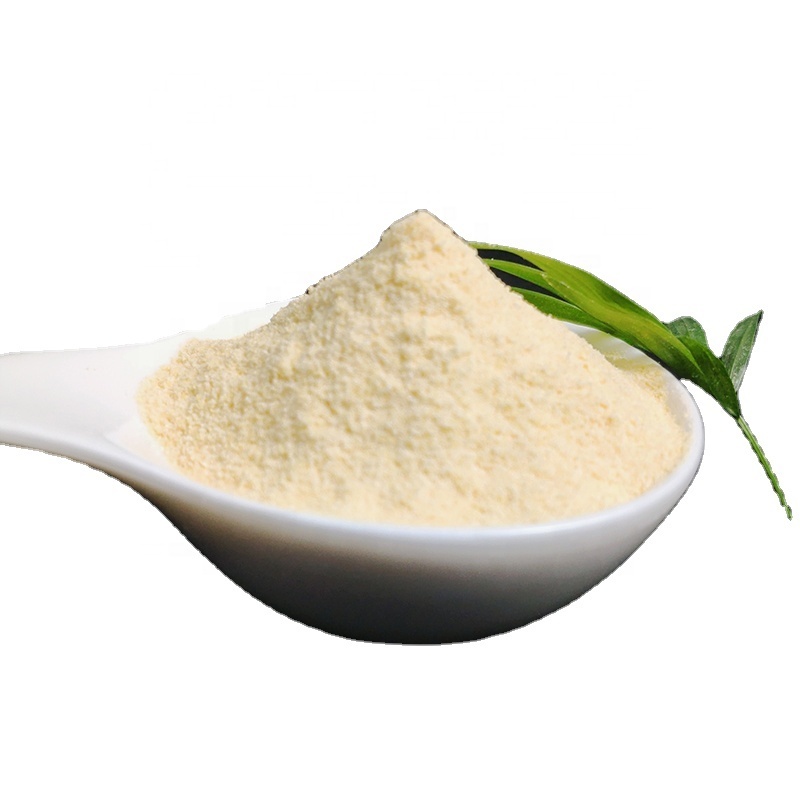-
Categories
-
Pharmaceutical Intermediates
-
Active Pharmaceutical Ingredients
-
Food Additives
- Industrial Coatings
- Agrochemicals
- Dyes and Pigments
- Surfactant
- Flavors and Fragrances
- Chemical Reagents
- Catalyst and Auxiliary
- Natural Products
- Inorganic Chemistry
-
Organic Chemistry
-
Biochemical Engineering
- Analytical Chemistry
-
Cosmetic Ingredient
- Water Treatment Chemical
-
Pharmaceutical Intermediates
Promotion
ECHEMI Mall
Wholesale
Weekly Price
Exhibition
News
-
Trade Service
Since the Russian-Ukrainian conflict, many countries in the United States and Europe have continuously increased sanctions against Russia, involving many fields
.
The European Commission submitted a proposal for a sixth round of sanctions against Russia on May 4, including a total ban on Russian oil
imports by the end of this year.
According to the procedure, the proposal needs to be unanimously agreed by the 27 EU member states to enter into force
.
And some member states are highly dependent on Russia for energy, can the proposal be passed? There are many
doubts within the EU.
The European Commission's sixth round of sanctions against Russia includes: a phase-out of oil imports into Russia within 6 months, whether by sea or pipeline; The inclusion of large financial institutions such as Russia's largest bank, Sberbank, in the sanctions list, and the prohibition of the landing and dissemination of news products of three Russian state media in the EU in any form
.
Regarding the sanctions plan being discussed by the EU, Russian Foreign Ministry spokeswoman Zakharova said on May 4: "If the EU wants to hurt us, let them break it on their own.
"
In 2021, 96% of the crude oil and petroleum products consumed by Hungary will come from Russia
.
Hungarian Foreign Minister Siardo said on the 4th that Hungary does not support the European Commission's new round of sanctions against Russia, which will "completely destroy" Hungary's energy supply and make it impossible for Hungary to obtain the oil needed to ensure the normal operation of the
economy.
Sijardo said Hungary has no access to the sea and the pipeline is the only way
for oil to enter Hungary.
Hungary will not agree to the proposal
unless countries that import Russian crude oil through pipelines are granted an "exemption".
Slovakia imports
58% of its crude oil and petroleum products in 2021 from Russia.
According to the European Commission's proposal, the transition period between Hungary and Slovakia would be allowed to be extended for several months
.
Some netizens sarcastically said: So the EU "mother" means that her two children will have more time to quit food
before being starved to death.
Some netizens also questioned: "Now the issue of food and clothing in Hungary is decided by Washington and Brussels!" Some netizens also suggested: "It's time to leave the European Union, not just Hungary
.
" Why mingle with dictators who infringe on the interests of the state? ”
Due to Russia's geographical proximity to other European countries and the relatively low cost of pipeline operation and transmission, there is a long-term close oil trade relationship
between EU countries and Russia.
The Institute for European and Global Economic Studies in Brussels estimates that the EU currently consumes about $450 million worth of Russian oil a day, or about 3 billion yuan
.
In addition, most European refining companies are designed and operated according to the technical parameters for processing Russian oil, and even if a substitute oil is found, it does not match
most of the refining equipment in terms of physical and chemical parameters.
Peter Adrian, president of the German Chamber of Commerce and Industry, warned on May 4 that the embargo on Rosneft Petroleum would have a serious impact on
German companies.
He said that although the demand for Russian oil can be compensated by alternative energy sources, the resulting oil price increase is bound to increase the burden on enterprises, and in extreme cases, companies may be forced to close down for cost reasons
.
Greece, Malta and Cyprus have also questioned a total ban on Russian oil imports, saying the proposal could harm the interests of
European companies, according to Bloomberg on May 4.
A European diplomat warned that even granting exemptions to one or two countries that are highly dependent on Russian energy is problematic and could trigger a "domino effect" that could lead to more requests for similar demands
.







